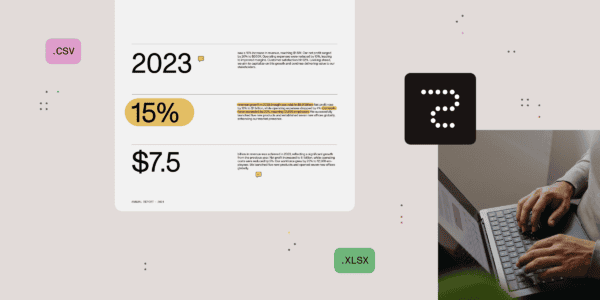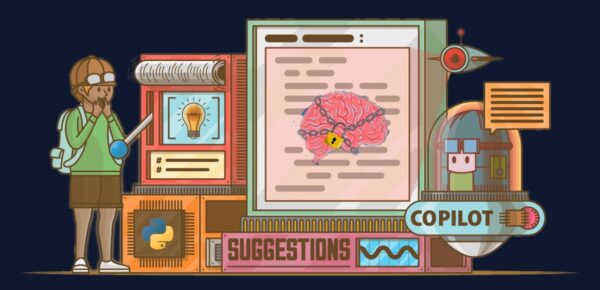
Reason For ECM Consultant
After specializing in the ECM industry for the past 25 years, I believe to be effective, an Electronic Content Management consultant must provide guidance, leadership, expertise in ECM and related digital technologies, business process improvement, and records information management/governance.
Today, ECM and related technologies include various tools, including capture, recognition, machine learning, content management, e-signature, e-forms, workflow, robotic process automation (RPA), AI, and electronic records management.
To be successful, an ECM consultant should be a senior subject management expert (SME) with excellent communication skills, business process improvement experience, and an ECM, workflow, and data system technology planning background. The consultant should be able to work with all levels of an organization, including chiefs, directors, information technology experts, and information governance/records management professionals.
The ECM consultant should also have experience with process improvement methods such as lean, six sigma, business process improvement, and total quality management.
If properly planned for ECM and related products can provide organizational improvements from 20% to 75%+ in efficiency, quality, and service, and significantly reduce the risk associated with IG/Records Management. If ECM is not planned for correctly, sprawl and increased risk to the organization will occur.
How An ECM Consultant Can Help?
Specific ECM consultant tasks include the development/update of ECM enterprise plans, readiness assessment, process improvement maps, IG/records management programs, application design requirements (including workflow and integration with existing systems), vendor assessment, and implementation oversite.
Enterprise-wide ECM plan. Based upon interviews of departments and groups, the ECM consultant will need to inventory organizational processes and rank them in terms of the priority for improvement and ECM automation/governance.
An ECM enterprise plan will provide a roadmap based upon cost/benefit and governance improvement to allow projects to be categorized, planned, budgeted, and approved.
Workflow improvement plan. The ECM consultant will need to develop process baselines (current state) to identify current costs, risks, issues, and noncompliance; process redesign (including workflow) goals and maps, and a change action plan.
Application requirements. The ECM consultant will need to develop (for each deployment/system) business-level requirements, technical requirements, request for proposal/information (as needed), change management strategies, estimated project costs, and return on investment (ROI) assessment. It is important to note that most organizations have 12 to 24 different electronic content management systems – in place – when you count up email, temporary working spaces, collaboration platforms, data systems with content modules, and records retention/disposition management.
ECM application requirements include capture, indexing, storage, digital workflow, RPA, integration, process automation maps, and records management program requirements. Also, don’t forget backfile conversation requirements (paper and electronic) and the elimination of ROT (redundant, obsolete, and transitory) content before migration to a new system.
Records management program. The ECM consultant should be able to work with certified records management and internal information governance (IG) professionals to update records management programs, including policies, procedures, and schedules – including taxonomy, privacy, security, and retention/disposition rules.
An up-to-date records management program is key to properly designing an ECM system, to support proper retention, disposition, privacy, and protection of records.
Vendor selection (as required). The ECM consultant should be familiar with various ECM platforms, systems, and third-party products; and be able to assess, rank, and evaluate vendors at the RFP, response, demonstration, and contract stages. For existing systems and platforms, the consultant must know how these systems operate, their limitations, and their capabilities.
Implementation plan. The ECM consultant should be able to develop project plans, identify timelines, project dependencies and risks, responsibilities, application requirements, change management, and acceptance criteria. These plans should be detailed enough to hold integrators, vendors, and internal staff accountable for the proper deployment of the system and to bring the project in, on time and budget.
How Do I Know About ECM Planning?
Since 1995, we at CRE8 Independent Consultants have assisted over 300 clients, ranging from 25 to 250,000 employees, across all industries and vendor platforms. As an independent consultants we do not sell or represent ECM software solutions. As such, we provide an independent voice regarding ECM planning, vendors, process improvement, and ROI assessment.
About the Author:

George (President CRE8 Independent Consultants) Dunn
Fractional Chief Process and Digital Transformation Officer. Senior Consultant. Improve client quality, service, efficiency & governance through process improvement & advanced technology planning.
Reference:
Dunn, G (2024). How To Hire An ECM Consultant? Available at: How To Hire An ECM Consultant? | CRE8 Consultant Blog (cre8inc.blog) [Accessed: 26th September 2024].










